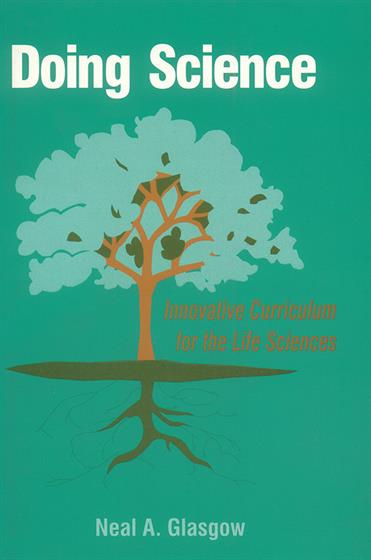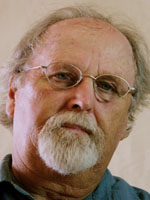Hands-on, Practical Guidance for Educators
From math,
literacy, science, equity, multilingual learners, and SEL, to assessment, school counseling,
and education leadership, our books are research-based and authored by experts
on topics most relevant to what educators are facing today.

Doing Science
Innovative Curriculum for the Life Sciences
By:
Neal A. Glasgow
Problem-based, student-centred learning is the key to implementation of the national standards for science education in the United States. Students learn science best by `doing' science, by identifying real-world problems and designing projects that lead to possible solutions.
Based on extensive experience in an award-winning US high school science programme, this book provides a step-by-step guide for designing problem-based learning in the life sciences.
Product Details
- Grade Level: PreK-12
- ISBN: 9780803964778
- Published By: Corwin
- Year: 1996
- Page Count: 184
- Publication date: August 23, 1996
Review Copies
This book is not available as a review copy.

